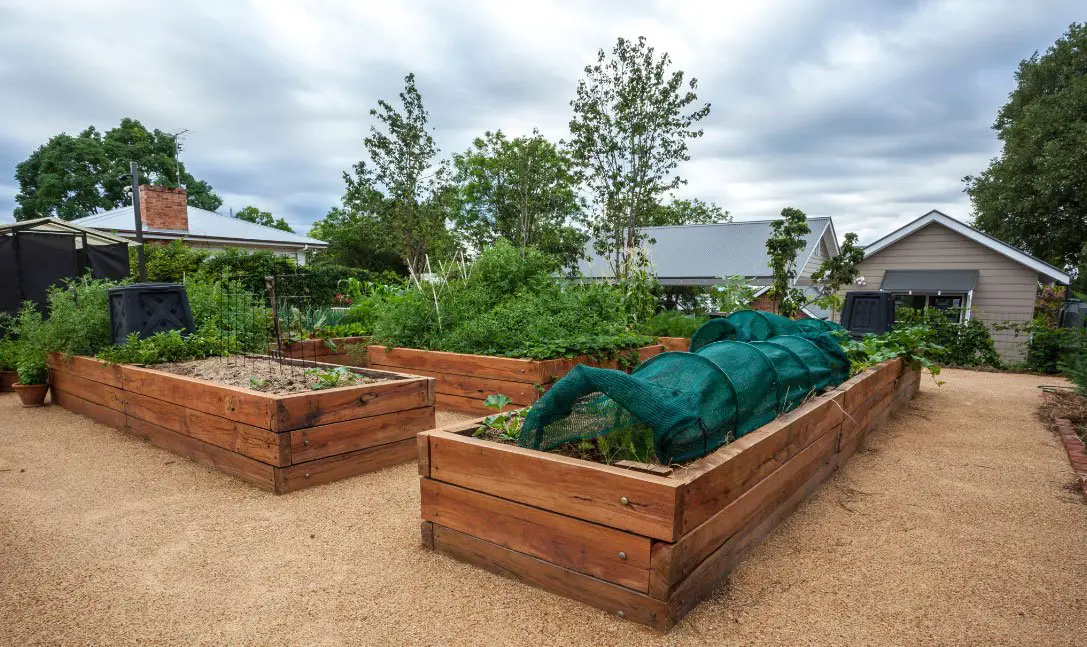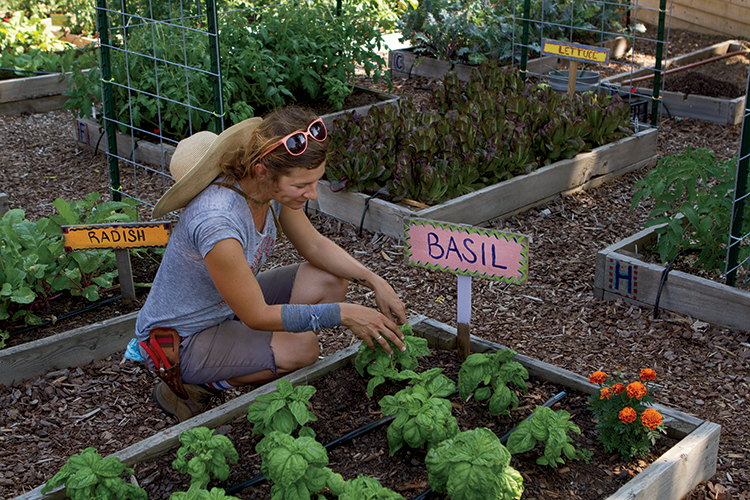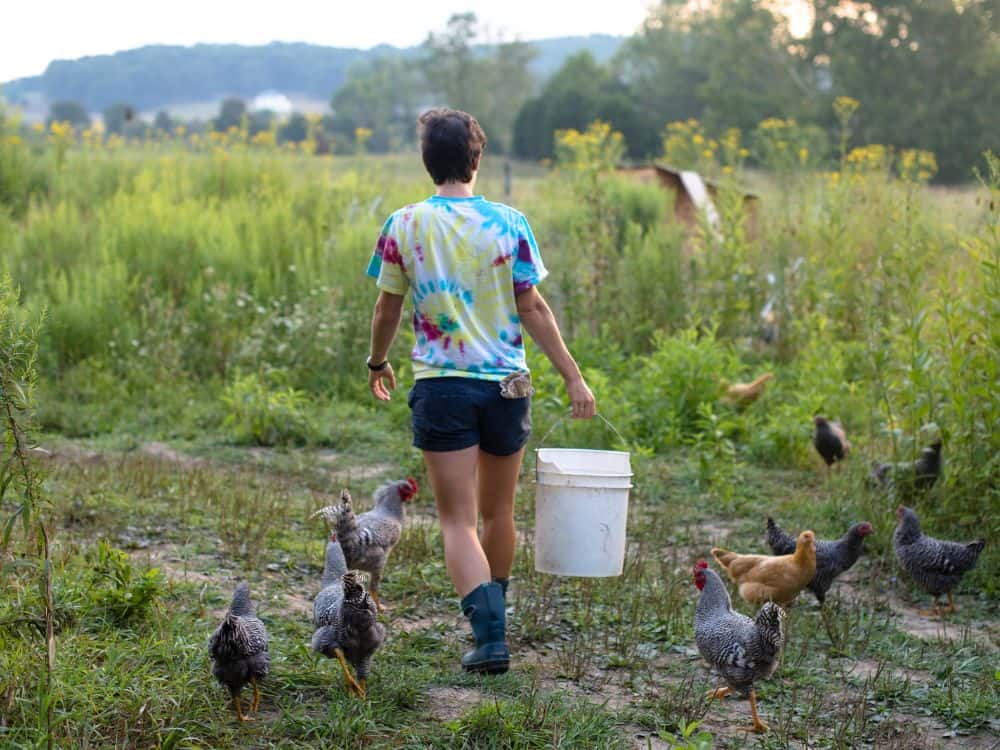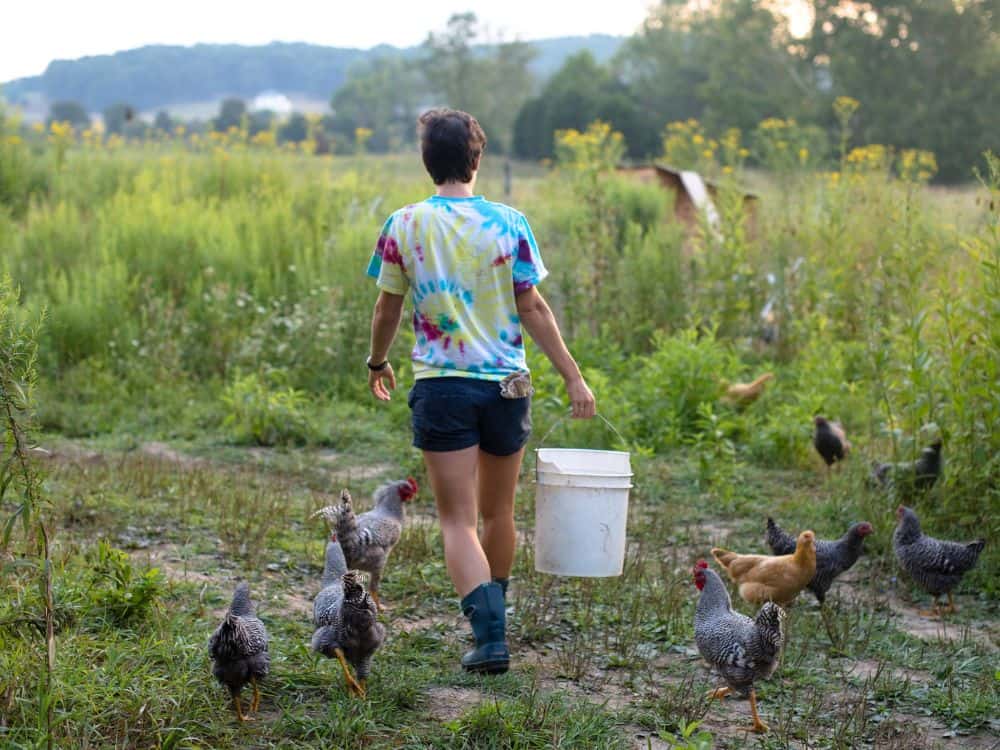Living a sustainable lifestyle on a homestead is gaining popularity among those who crave a more self-sufficient and environmentally friendly way of living. Homesteading is an age-old practice of living off the land and being self-reliant. It involves growing your own food, raising livestock, and making your own products. By doing so, you not only lessen your environmental impact but also lead a healthier and more fulfilling life. Here are some tips on how to achieve a sustainable living on a homestead.
Garden
The first step to sustainable living on a homestead is to grow your own food. Having a garden is an excellent way to grow fresh vegetables and fruits. You can use natural compost and organic methods to fertilize and control pests. By doing so, you reduce the amount of chemicals that you put into the environment, and you get to enjoy tasty and nutritious food that is free of harmful pesticides and herbicides.
Raise Livestock
Raising livestock is another important aspect of homesteading. Cows, chickens, goats, and pigs can provide you with meat, eggs, and milk. You can raise them naturally and organically, without the use of antibiotics and hormones. At the same time, you get to reduce your carbon footprint and support local agriculture.
Reduce Waste
Sustainable living on a homestead involves minimizing waste. You can start by reducing the amount of trash that you generate. By composting your food scraps and yard waste, you can create rich and nutritious soil that will improve the health of your garden and reduce landfill waste. You can also recycle and reuse items as much as possible, reducing the need for new products.
Use Renewable Energy
Using renewable energy is an excellent way to power your homestead sustainably. Installing solar panels is a great way to harness the power of the sun, and it can help you reduce your electric bill. You can also use wind turbines, hydroelectric generators, and geothermal systems to generate power sustainably.
Conclusion
Sustainable living on a homestead can be fulfilling, rewarding, and environmentally friendly. It involves growing your own food, raising livestock, reducing waste, and using renewable energy. By doing so, you help to reduce your carbon footprint and live a healthier and more fulfilling life. If you are interested in homesteading, consider taking small steps in that direction and improve your lifestyle one step at a time.











